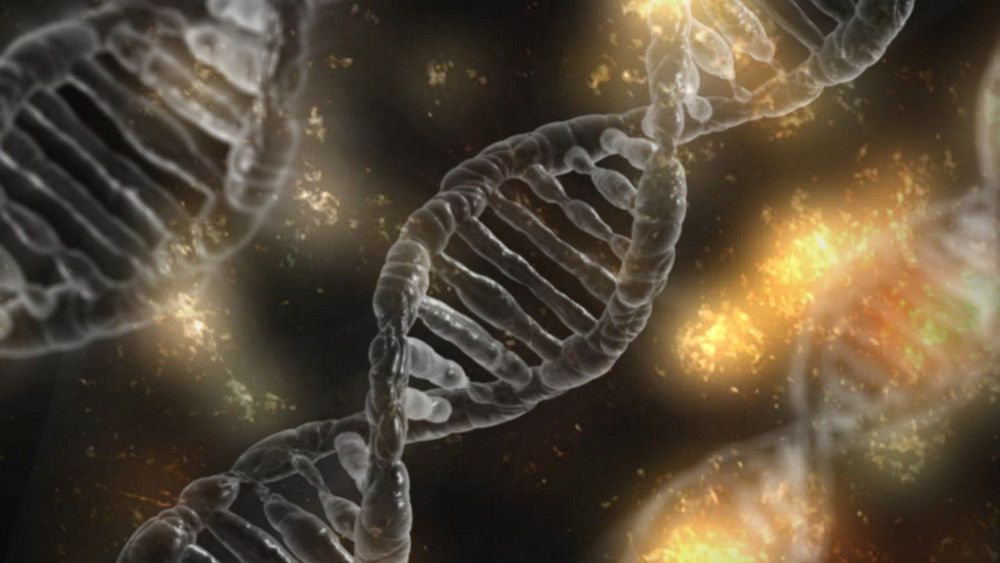Scientists have discovered that grasses are able to short cut evolution by taking genes from their neighbours. The findings suggest wild grasses are naturally genetically modifying themselves to gain a competitive advantage.
Understanding how this is happening may also help scientists reduce the risk of genes escaping from GM crops and creating so called super-weeds—which can happen when genes from GM crops transfer into local wild plants, making them herbicide resistant.
Since Darwin, much of the theory of evolution has been based on common descent, where natural selection acts on the genes passed from parent to offspring. However, researchers from the Department of Animal and Plant Sciences at the University of Sheffield have found that grasses are breaking these rules. Lateral gene transfer allows organisms to bypass evolution and skip to the front of the queue by using genes that they acquire from distantly related species.










Comments are closed.